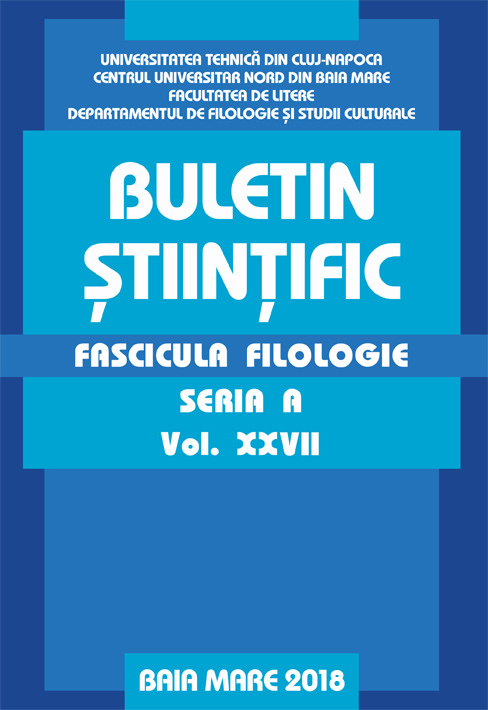Retorica discursului identitar vs. globalizare
Rhetoric of Identity Discourse vs.Globalization
Author(s): Daniela DuncaSubject(s): Social Sciences, Philosophy of Law
Published by: Editura U. T. Press
Keywords: rhetoric; discourse on identity; national self-determination; cultural self-determination; globalization;
Summary/Abstract: The discourse on identity has been dominating the socio-political rhetoric for over 200 years, starting with the French Revolution, during which nations like the French, Germans, Italians, Spanish have been consolidating in Europe. The new concept of „nation” signifies a community extended to the level of linguistic patterns, of ethnic relations, cultural inheritance, and geographic proximity. After the collapse of the Ottoman, Tsarist, and Austro-Hungarian Empires, the discourse on identity and the rediscovery of cultural identities would lead to the formation of new states: Greece, Serbia, Bulgaria, Romania, and Poland. In the discourse on identity, the concepts of nation, state, liberty, fraternity, equality, progress, history, patriotism, and, after 1918, the concept of national self-determination, appear consistently. The year 1989 has brought, in Eastern Europe and in the former USSR, the revival of the discourse on identity by relaunching the concepts of cultural, administrative, economic and territorial self-determination. Apart from the cultural phenomena of globalization, the discourse on identity develops in the entire Europe.
Journal: Buletin Stiintific, seria A, Fascicula Filologie
- Issue Year: XXVII/2018
- Issue No: 1
- Page Range: 357-362
- Page Count: 6
- Language: Romanian

